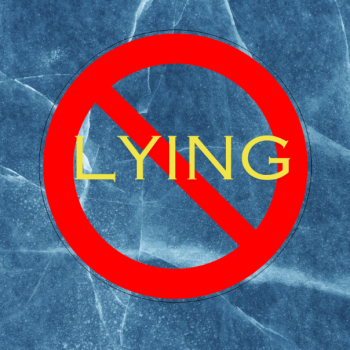LAST month, Kate Kelly, a feminist Mormon lawyer who had called on the Mormon Church to open the priesthood to women, was excommunicated on the charge of apostasy. John P. Dehlin, who runs a popular podcast on hot-button church issues and has loudly advocated for the church to welcome gay men and lesbians, also was threatened with expulsion. Other Mormons have faced sanctions for participating in online forums questioning the church’s positions on these and other matters.
This crackdown marks the end of the “Mormon Moment” — not just the frenzy of interest that rose (and largely faded) with Mitt Romney’s campaigns for the presidency, but a distinct period of dialogue around and within the Mormon community.
In the last few years, observers had asked hard questions about the faith, not with the derision and malice with which Mormonism has historically been characterized, but in a spirit of honest inquiry. Journalists have examined the governance of the Church of Jesus Christ of Latter-day Saints, the political implications of Mormons in politics, even the prevalence of Mormon “mommy bloggers.” Scholars have examined Mormon history in greater detail. Universities have created positions devoted to Mormon studies. The satirical but sympathetic musical “The Book of Mormon” took Broadway by storm in 2011 and is still running.
But the debate — much of it at the Bloggernacle, slang for the Mormon blogosphere — has also revealed troubling historical facts and inconsistencies in policy and even doctrine.















